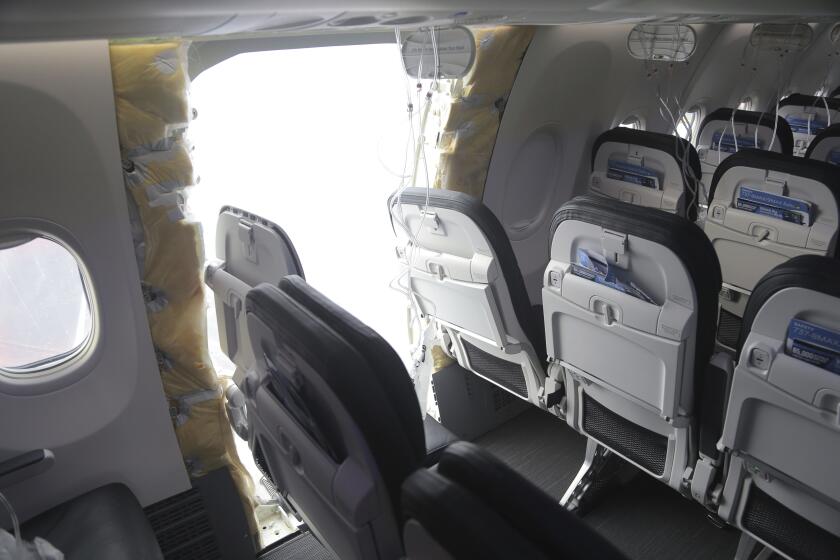China Bans Boeing Orders, Straining US-China Trade Relations and Aviation
- Small Town Truth

- Apr 18
- 2 min read

China's Recent Ban on Boeing Orders Amplifies Trade Tensions
The complex relationship between the United States and China continues to evolve, now impacting one of America's most critical manufacturing players: Boeing. Following a series of trade disputes, Chinese authorities have reportedly instructed their airlines to refrain from placing new orders for Boeing aircraft and to seek governmental approval for any deliveries of previously ordered planes.
This latest development poses a significant threat to Boeing Co., which relies heavily on international sales—approximately 80% of its production is exported. The potential repercussions of this ban could resonate throughout the American economy, particularly as analysts estimate that orders from China typically account for 5% to 6% of Boeing's total international orders. Such a loss highlights Boeing's vulnerability in the wake of ongoing trade tensions.
This tariff policy we've been told will solve the fentanyl crisis, get rid of illegal immigration, rescue the budget deficit, solve bilateral trade deficits and cure toe fungus.... Actually we’re serving none of those goals.
- Economist Justin Wolfers
On a related note, Michael O'Leary, CEO of Ryanair, indicated that the tariffs might lead his airline to delay the delivery of 25 Boeing airliners, originally scheduled for this August, to next year. The immediate reaction to China's ban was palpable, as Boeing's stock experienced a brief decline, dropping nearly 2.4% on the news, although it did see slight recovery the following day.
The implications of this Chinese ban have caught the attention of President Trump, who expressed his discontent on social media by stating that China “just reneged on the big Boeing deal,” referring to the halted orders of aircraft previously committed to. However, some analysts argue that these circumstances are a direct result of the administration's tariff strategies and the overarching trade policies employed.
Economist Justin Wolfers further emphasized the contradictions in the current tariff policy, stating, “All of these things can’t happen at once, and in the way they’re pursuing them, actually we’re serving none of those goals.” His comments underline the complexities of using tariffs as a tool for broader economic objectives, which may not necessarily align with supporting domestic manufacturers like Boeing.
Examining the long-term consequences of China's restrictions on Boeing remains challenging. Although the company has an extensive backlog of 5,000 orders, this disruption could hinder its market position and competitive edge against Airbus, which has been consistently securing a larger market share in China. For reference, Airbus is set to deliver 136 planes to China this year and 148 next year, in stark contrast to Boeing's limited orders in the region, which currently stands at only 130 unfilled orders.
Boeing has seen a tumultuous period, plagued by financial troubles since its last annual profit in 2018, during which it lost $35.7 billion amid significant revenue challenges. The company is also recovering from the fallout of tragic safety incidents involving its 737 Max aircraft, further complicating its recovery efforts and market confidence.
These developments reveal Boeing's precarious position within the global aviation market and underscore how intertwined trade policies can dictate the fortunes of major American corporations. Although Boeing has attempted to maintain a positive outlook, the specter of China's ban and broader tariff policies poses real challenges ahead.
.png)